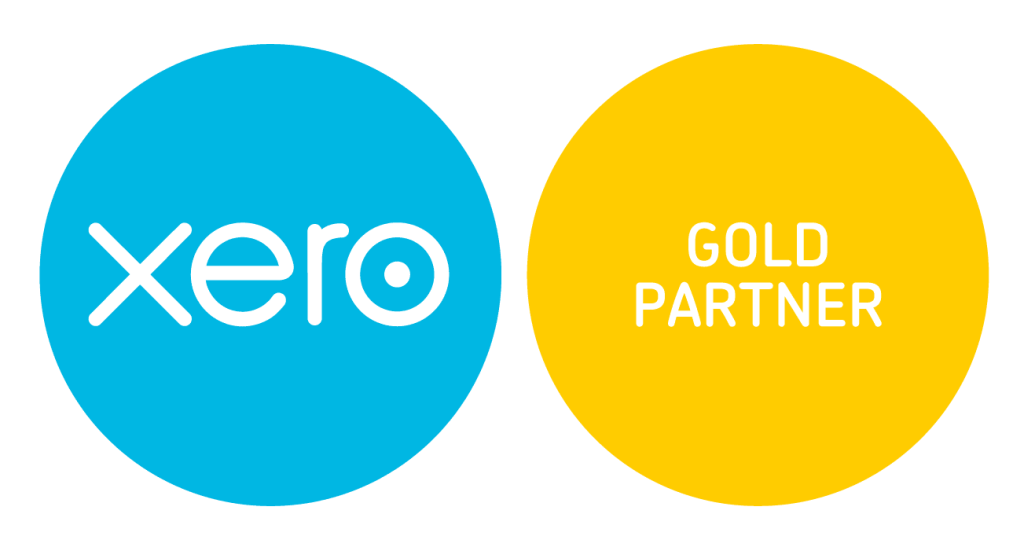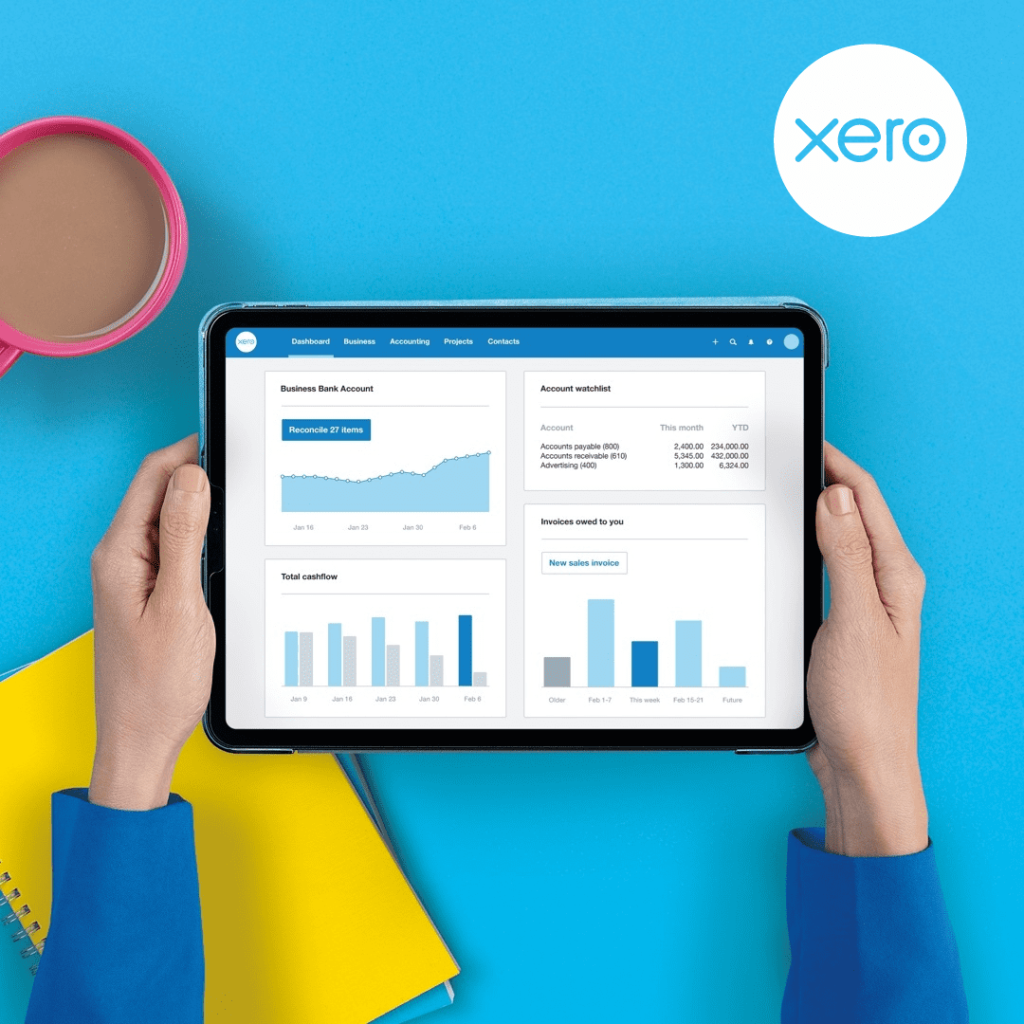Importance of Professional Accounting Services for SMEs in Singapore

In Singapore, small and medium businesses play a crucial role in the economy and contribute to its diverse business environment. Understanding this importance, it's essential for these businesses to consider professional accounting services. This article explores why professional accounting services are crucial for small businesses in Singapore. It covers the risks of inadequate accounting, the advantages of hiring professionals, and key factors to consider when selecting an accounting service provider. By the end, you'll grasp the importance of professional accounting services for SMEs in Singapore is vital for small businesses in Singapore to maintain financial health and compliance with local standards.
Defining Small and Medium Businesses in Singapore
In Singapore, a small and medium business is identified based on its annual sales or number of employees, according to guidelines from the Accounting and Corporate Regulatory Authority (ACRA) and Small and Medium-sized Enterprises (SMEs) criteria.
ACRA establishes clear guidelines to determine whether a business qualifies as small or medium-sized in Singapore. For example, small businesses generally have annual sales below S$100 million and employ fewer than 200 people. Medium-sized enterprises may have higher revenue and employment thresholds, but they still fall within specific ranges set by ACRA.
Why Proper Accounting Matters for SMEs
Proper accounting is essential for SMEs in Singapore to maintain financial transparency, follow International Financial Reporting Standards (IFRS), and comply with regulatory bodies like the Central Provident Fund (CPF).
Accurate records and adherence to IFRS guidelines provide clear financial insights, boosting credibility with investors, lenders, and stakeholders. Meeting CPF and other regulatory requirements ensures legal compliance and builds trust within the business community.
SMEs benefit from proper accounting by accessing more financial resources and opportunities. Clear financial records demonstrate stability and potential for growth.
What Are the Consequences of Poor Accounting for SMEs?
Poor accounting practices in SMEs in Singapore can cause serious problems, including tax compliance issues, penalties for mistakes on the IR8A form, and exclusion from the Auto-Inclusion Scheme (AIS) for reporting employee income.
Many SMEs underestimate the importance of keeping detailed financial records and using proper accounting services. Accurate bookkeeping is essential for determining tax liabilities and maintaining clear financial records. If businesses don't follow tax compliance rules, they might face penalties, fines, and legal troubles. Errors or missing information on the IR8A form can cause problems with reporting employee income and might lead to audits and investigations by the Inland Revenue Authority of Singapore (IRAS). Being excluded from the AIS makes matters worse, as businesses then need to manually submit information, which is time-consuming and prone to errors.
Advantages of Hiring Professional Accounting Services for SMEs in Singapore
Engaging professional accounting services for small businesses in Singapore offers a range of benefits, including expert financial advice, tailored support for SMEs, and customized accounting solutions for start-ups. Professional accountants provide valuable insights into optimizing tax strategies, managing cash flow, and improving overall financial health. These services cater specifically to the needs of SMEs, ensuring compliance with local regulations and allowing business owners to focus on their core operations. For start-ups, specialized solutions include meticulous budgeting, financial forecasting, and assistance with initial financial setups, setting the stage for sustainable growth.
Precise Financial Records and Reporting
Professional accounting services ensure that your financial records and reports are accurate and meet the standards set by the Inland Revenue Authority of Singapore (IRAS) and International Financial Reporting Standards (IFRS).
Keeping accurate financial records is essential for complying with IRAS guidelines and IFRS standards. This ensures transparency and accountability in your financial activities. By using accounting services in Singapore, businesses can benefit from experts who maintain these records properly. This is crucial for making informed business decisions and showing compliance with regulatory requirements.
Saves Time and Money
Hiring professional accounting services saves SMEs valuable time and money by improving operations, meeting financial deadlines, and providing access to expert Chartered Public Accountants (CPAs). Businesses benefit from CPAs' skills in keeping accurate financial records, following tax laws, and planning finances strategically. This expertise helps businesses make better decisions and maintain long-term financial health. Efficient accounting services help optimize resources by reducing errors, lowering the risk of financial penalties, and improving cash flow management. This allows businesses to use their staff and finances more effectively, promoting growth and stability.
Following Singapore's Accounting Standards
Professional accounting services ensure that SMEs adhere to Singapore Accounting Standards, which include rules set by the Inland Revenue Authority of Singapore (IRAS) and International Financial Reporting Standards (IFRS).
Following these standards is important because it helps businesses maintain transparency and accountability in their financial reporting. It ensures that financial statements are reliable and credible, meeting legal requirements. Accounting services also help businesses understand and comply with these standards, making it easier to navigate the regulatory requirements.
Financial Guidance and Strategic Planning
Professional accounting services give SMEs access to expert financial advice and strategic planning. These services are tailored for startups and provided by specialized providers in Singapore.
Startups often struggle with financial management and planning. Professional accounting services offer crucial expertise to guide startups through important financial decisions.
These services provide personalized solutions to help businesses optimize their finances and develop sustainable growth strategies. Expert advice improves a startup's financial health, enabling informed decisions and efficient resource allocation for long-term success.
Choosing the Best Accounting Service for Your SMEs
Choosing the right accounting service for your small business in Singapore means checking their experience, getting referrals and reviews, and ensuring they understand the needs of SMEs.
Look at their track record to see if they have experience with similar businesses. Referrals and reviews from other small businesses can show you how good their service is. Make sure they specialise in helping SMEs, so they understand your specific challenges and needs. This way, they can provide solutions tailored to your business.
Evaluate Their Experience and Expertise
When choosing an accounting services for small business Singapore, consider their experience, expertise in advising startups on finances, and their knowledge of local regulations, including those set by the Inland Revenue Authority of Singapore (IRAS). Experience is vital for handling financial systems and regulations effectively. Providers with a proven track record can offer practical solutions to help startups manage their finances well.
Expertise in offering tailored financial advice for startups is crucial. Understanding the unique challenges and opportunities in the startup sector enables providers to give valuable guidance. Understanding the regulatory landscape, including IRAS requirements, ensures compliance and helps startups avoid potential issues. Navigating tax laws and reporting obligations is essential for financial stability and trustworthiness.
Contact Clooud Consulting!
We believe you have understood the importance of professional accounting services for SMEs in Singapore. When choosing accounting services for small business Singapore, Clooud Consulting is a reliable provider you can trust. Our team knows all about accounting regulations and standards, making sure your financial records are accurate and compliant with tax laws. We reduce the risk of errors and inconsistencies in your reports.
We also prioritize data security, using strong measures to protect your financial information from unauthorized access and keep it private and accurate.
Using Xero, our cloud accounting solution, makes bookkeeping easier. It connects to your bank, updating transactions daily. You can quickly reconcile transactions and digitize bills and receipts by emailing or scanning them. With real-time financial data and cash flow insights on the Xero dashboard, you can make better business decisions efficiently.
Contact us today to learn more about how Clooud Consulting can support your business with our online accounting and bookkeeping services.







